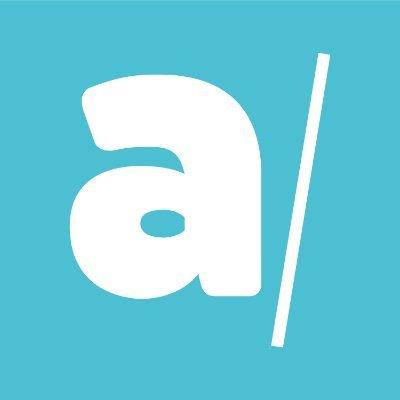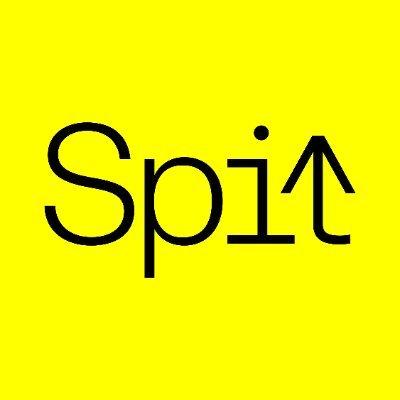Moreover, these so-called 'dirty fuels' also contains too much manganese, which damages engine parts, particulate filters and catalytic converters.
While the EU has tightened sulfur standards in recent decades, the requirements in Africa were much less stringent for many years. Major oil traders such as Trafigura and Vitol turned this into a revenue model. They mix various components from chemicals and refining processes in Europe into cheap fuels of ‘African Quality’, with much more sulfur, benzene and manganese than is permitted in Europe.
The Netherlands and Belgium form an important hub in that trade. In recent years, the ports of Amsterdam, Rotterdam and Antwerp supplied more than half of all the gasoline that West African countries imported from the Netherlands and Belgium. In an attempt to improve air quality in West African countries, the Dutch Human Environment and Transport Inspectorate (ILT) introduced a new, far-reaching policy rule. Since April, companies have not been allowed to export fuels with too much sulfur, benzene or manganese.
But does that work? Investigative collective Spit, the Belgian journalistic platform Apache and The Continent in Ghana followed the trail of dirty fuels. We saw that petrol exports to West Africa from the Netherlands largely dried up in the past six months. But Antwerp took over a large part of that trade. If Belgium introduces the same rules, the export of unhealthy fuels will continue as normal from other EU countries or ports outside Europe, market experts expect. They argue for a European directive, but that does not seem to be happening for the time being.
Photo credit: Delali Adogla Bessa
IMPACT:
Following this cross-border investigation, stricter export standards for fuel export are due to be enforced in Belgium. In order to tighten export standards according to the Dutch model in Belgium as well, Federal Minister of the Environment Zakia Khattabi (Ecolo) and her colleague energy minister Tinne Van der Straeten (Groen) worked together with Minister Frank Vandenbroucke (Forward) on a Royal Decree for several months. That decree has now been published in the Belgian Official Gazette and will take effect by September 2024.






